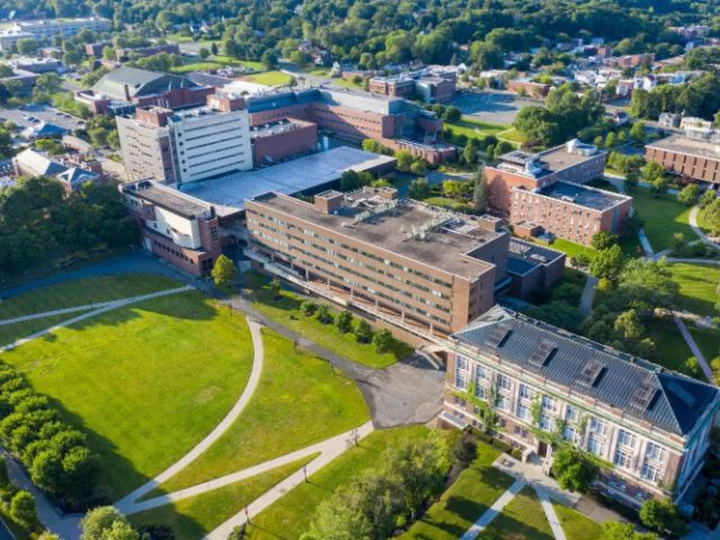A university janitor who turned off a freezer after hearing multiple "annoying alarms," ruined more than 20 years of research, according to a lawsuit filed against his employer by Rensselaer Polytechnic Institute in upstate New York.
The janitor, who is not being sued in the lawsuit, was a contractor with Daigle Cleaning Systems Inc., who worked for several months in 2020 at the private research university in Troy, New York.
The school is seeking more than $1 million in damages and legal fees from Daigle Cleaning Systems as a result of the incident.
The lab's freezer contained over 20 years of research, including cell cultures and samples, to which a "small temperature fluctuation of three degrees would cause catastrophic damage," according to the lawsuit filed with the Rensselaer County Supreme Court.
The college does not believe the janitor is at fault but instead blames Daigle Cleaning Systems for failing to properly train and supervise him, according to the suit.
"Defendant, by and through its negligent, careless, and/or reckless supervision and control of [the janitor], caused damage to certain cell cultures, samples, and/or research in the Lab," the university claims.
CNN reached out to attorneys for Daigle Cleaning Systems and the Rensselaer Polytechnic Institute for comment.
The lawsuit states that cell cultures and specimens in the freezer needed to be maintained at -80 degrees Celsius and a small fluctuation of 3 degrees would cause damage, so alarms would sound if the temperature increased to -78 degrees or decreased to -82 degrees.
K.V. Lakshmi, a professor and director of the school's Baruch '60 Center for Biochemical Solar Energy Research who oversaw the research, noticed the freezer alert went off on or around September 14, 2020, because its temperature had risen to -78 degrees, according to the suit.
Despite the alarm, Lakshmi and her team determined that the cell samples would be safe until emergency repairs could be done, the suit said. While Lakshmi waited for the freezer's manufacturer to come perform repairs, her team added a safety lock box around the freezer's outlet and socket. A warning was posted on the freezer, according to the court filing.
"THIS FREEZER IS BEEPING AS IT IS UNDER REPAIR. PLEASE DO NOT MOVE OR UNPLUG IT. NO CLEANING REQUIRED IN THIS AREA. YOU CAN PRESS THE ALARM/TEST MUTE BUTTON FOR 5-10 SECONDS IF YOU WOULD LIKE TO MUTE THE SOUND," the warning read, according to the suit.
But, on September 17, the janitor heard what he later called "annoying alarms," according to the suit. In apparent attempt to be helpful, he flipped the circuit breakers, which provided electricity to the freezer, mistakenly turning them from "on" to "off," according to the lawsuit. It said the freezer's temperature rose to -32 degrees Celsius.
The next day, research students found the freezer switched off and despite attempts to preserve the research, a majority of the cultures were "compromised, destroyed, and rendered unsalvageable demolishing more than twenty years of research," the lawsuit states.









